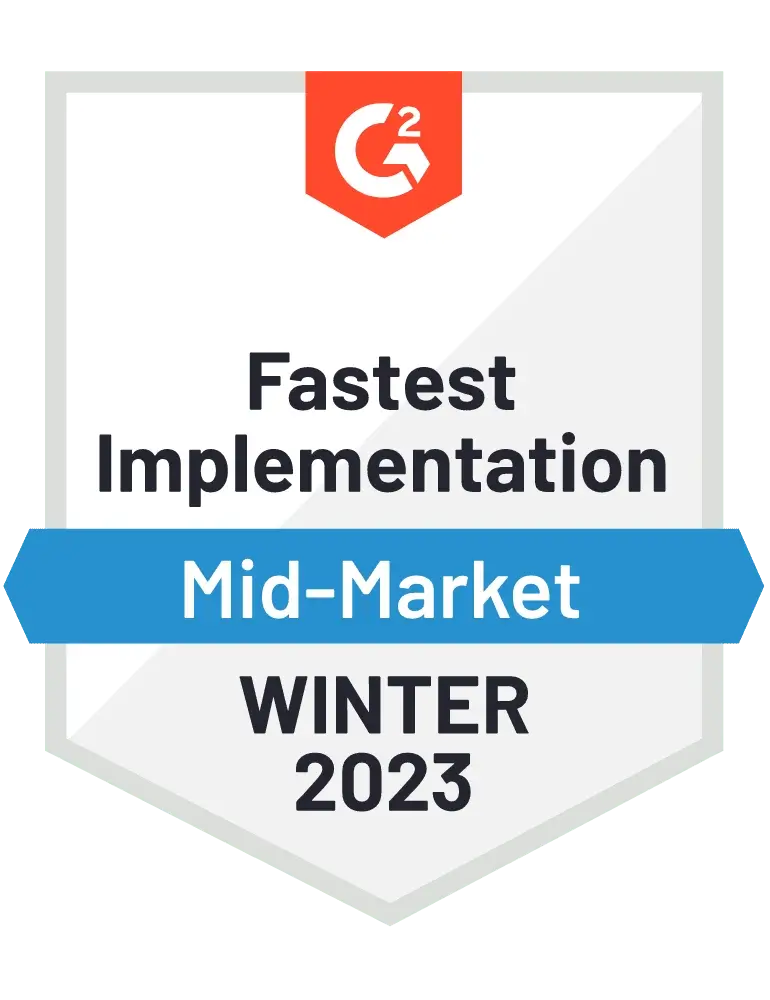SYSPRO IDEAL Infographic
SYSPRO IDEAL implementation is a scalable, structured and phased approach that facilitates a successful ERP implementation and roadmap to reaping ROI on your ERP Project.
A successful ERP solution is the foundation on which companies can launch new initiatives, streamline and improve existing operations, reduce costs and grow the bottom-line. But even the best ERP solutions count for nothing if they are not implemented properly. So, why trust SYSPRO with your ERP implementation?
Our Consulting Services team is uniquely equipped to enable your business to unlock strategic value from your investment in SYSPRO. The team is represented by Project Managers and Consultants of all disciplines, who combined have many years of experience successfully implementing complex ERP projects within a wide range of industries. With over 40 years of practical hands-on experience, SYSPRO are experts in enabling business capability through ERP software. We take the time to understand your strategic business needs and desired outcomes, working as a trusted advisor, helping you to spend more time with your customers, creating greater value for your business. So, while our IDEAL implementation methodology provides the structure and flexibility to enable and de-risk your ERP implementation, SYSPRO’s certified Project Managers work to guide your project team to deliver a fit for purpose ERP solution, with a focus upon business outcomes not technology outputs. This ensures a successful implementation and roadmap to reaping a return on investment on your ERP project for many years to come.
The foundation of IDEAL lies in the project administration, controls and governance activities that we perform throughout the Implementation. Best practices in project management ensure that the project is meeting its defined objectives and remains on track within the defined scope. It also ensures costs are kept within budget and that resources are being managed effectively:
Project Management: Provides overall control and management of resources, scope, budget and timescales throughout the delivery of the project.
Stakeholder Management: Includes communication plans and definition of roles and responsibilities within the project team to help the team work together effectively.
Change Control: To capture any material changes from the agreed scope to the project timescale, scope and/or budget.
Quality Control: Project assurance activity to provide checks and balances around the project deliverables.
RAID Register: A key project control used to capture and track, Actions, Issues and Decisions.

Ensures all parties have an aligned understanding of the business, its requirements and the requirements of the project.
The implementation project begins with the Initiate phase. In this phase, the project teams from your organization and SYSPRO come together to plan the project activities, resources and timelines. The subsequent phases of the project are built upon the foundation created during the Initiate phase, and consists of the following activities:
The phase is completed when the customer and SYSPRO have discussed and agreed the following:
The project team explores the business objectives and needs and designs a solution that will best meet those needs within the project parameters.
In the Design phase, the project team explores the business objectives and needs in detail and begins architecting the solution that will best meet those needs within the project’s parameters. Using the agreed deliverables (outputs) from the Initiate phase, the Design phase consists of the following principal activities:
The agreement and approval of the Design phase outputs will shape the subsequent joint delivery plan for the remainder of the SYSPRO project. A completed Project Plan including all remaining activities, resources and the project schedule can be approved at this stage. The Design outputs may include:
The project team starts to configure and build the solution based on agreed design parameters. This phase includes customization, configuring a go-live system and simulating a live environment.
Formal acceptance of the prototype solution concludes the Engineer phase of the project with the following outputs:
Once the prototype build has been accepted, the time has come to actualize the implementation. Prior to going live, the final data is loaded and validated. The project team will train the people who will work on the new system to ensure users are ready and prepared to use the new software.
During the Actualize phase the following activities are undertaken:
The following outputs will conclude the Actualize phase:
Once your new SYSPRO ERP solution is in place and everything has been balanced and signed-off and is being readily used, the Leverage phase begins where the focus shifts to evolving and improving your solution and ensuring continued customer satisfaction. Key to the Leverage phase are the following activities:
Outputs include:
ERP is a tool designed to unlock your business potential and our Consulting Services project management team focusses on business outcomes not technology outputs. To minimize the stress associated with migrating to or implementing a new system, you’ll need strong ERP project management with careful planning to steer the change management process.
And because implementing these systems and process is greatly simplified when business and IT work together and communicate effectively, our consultants work with your teams as a trusted business advisors, to help you realize that value, and leverage long-term benefits.
SYSPRO IDEAL implementation is a scalable, structured and phased approach that facilitates a successful ERP implementation and roadmap to reaping ROI on your ERP Project.
With SYSPRO you are not just buying the latest technology, you are investing in a long-term relationship, effective training, consultancy and ongoing support, providing you with significant value for years to come.
A successful ERP Implementation is the foundation to expand your business, launch new initiatives and improve existing operations. IDEAL has been proven and defined over 30 years.



